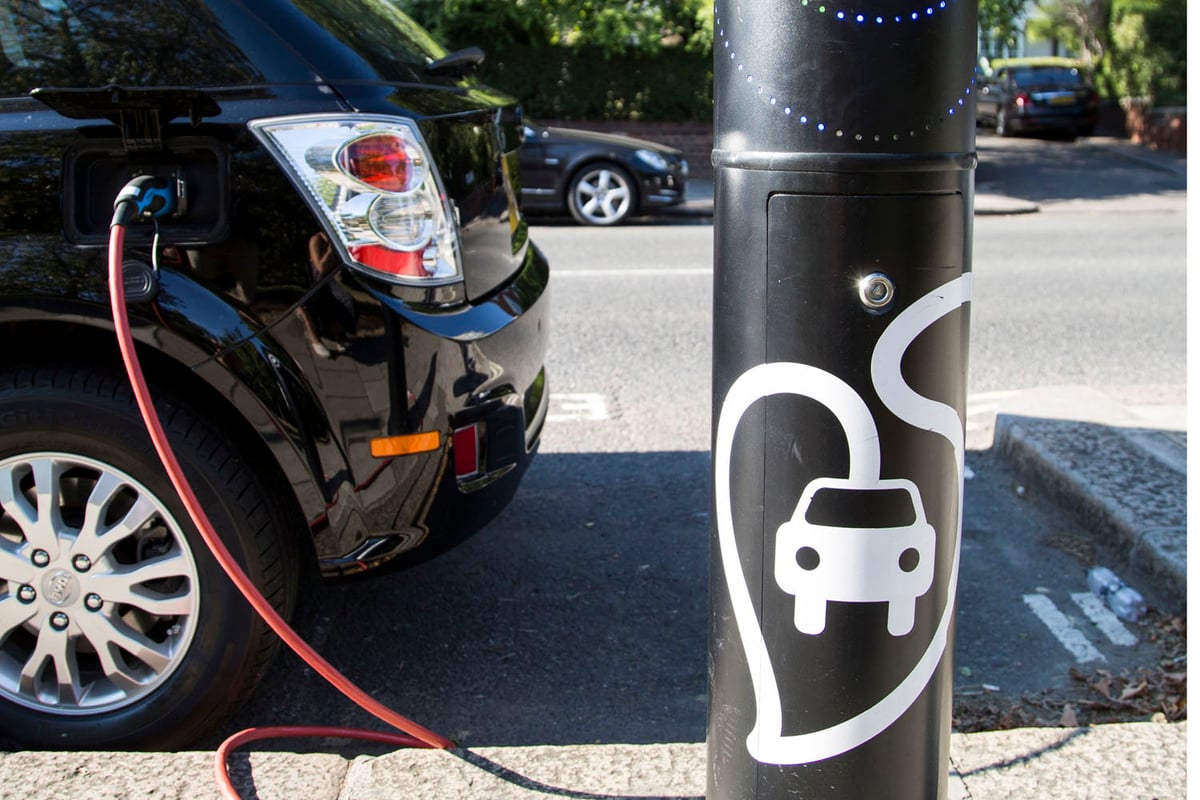London Uber Drivers Consider Returning to Petrol and Diesel Vehicles
Thousands of Uber drivers in London who have switched to using electric vehicles (EVs) are considering going back to petrol or diesel cars due to upcoming changes in the congestion charge. A recent poll highlights concerns among these drivers, who feel that the new policy will negatively impact their earnings and make EV ownership less attractive.
Currently, an estimated 20,000 Uber drivers in London—about 40% of the total—have transitioned to EVs. This shift has largely been driven by an exemption from the daily congestion charge, which is currently £15. However, under proposed changes by Transport for London (TfL), this exemption will end early next year. The standard congestion charge will increase to £18, with EVs only receiving a 25% discount, making them liable for a £13.50 charge.
This change has sparked significant concern among Uber drivers. According to internal polling conducted by Uber, as many as half of its EV drivers may switch back to traditional internal combustion engine vehicles when the new charges take effect on January 2. This potential reversal could undermine London’s efforts to improve air quality and reduce emissions.
The survey included responses from 2,213 London EV drivers and 1,522 non-EV drivers. The results revealed that 94% of EV drivers enter the central London congestion charge zone daily. Over 90% of these drivers described the current 100% discount as “extremely important,” and a similar proportion opposed the proposed changes.
More than 80% of EV drivers and nearly two-thirds of non-EV drivers believe they will be worse off once the new charges come into effect. Notably, 51% of EV drivers said they are “likely” to return to a conventional car, while 13% consider quitting private hire vehicle work altogether. Almost a third of EV drivers plan to continue driving an EV but will struggle with the additional costs.
When asked about their future vehicle choices, 54% of EV drivers said they would be less likely to choose an EV if they had to pay £13.50 per day to enter central London. Nearly six out of 10 non-EV drivers also said they would be less inclined to switch to an EV.
Uber drivers expressed frustration over what they see as a “massive U-turn” by TfL. One driver shared, “One of the main reasons for me changing to an EV was the exemption from the congestion charge. I never went into the zone in my previous vehicle, as I start work in the early hours and finish by 10am most days, so it wasn’t worth my while paying the charge for a few hours’ work.”
Another driver criticized the move, calling it a “scam” that placed drivers in financial debt. “Now having to pay for CC is a punch in the face with a huge debt hovering over our heads. We feel like mugs now for buying an electric vehicle.”
A third driver highlighted the importance of financial incentives: “Many drivers choose to switch to electric vehicles primarily due to the financial incentives and discounts offered by governments or manufacturers. These incentives significantly lower the upfront cost of purchasing an EV. However, if these discounts are removed or significantly reduced, it raises an important question: what motivation would there be for consumers to opt for an electric vehicle? Without the financial benefits, potential buyers may reconsider their decision.”
Even drivers who have not yet switched to EVs expressed opposition to the new policy. One stated, “The whole idea and purpose of pushing drivers to adopt EV cars is the 100% congestion charge discount! Charging EVs will stop drivers from going towards electric.”
TfL’s consultation paper explains that the increased number of EVs in the congestion charge zone justifies the reduction in the discount. The proposal introduces a new Cleaner Vehicle Discount to support the cleanest vehicles while managing traffic congestion.
Despite these plans, Uber drivers remain concerned about the impact on their livelihoods and the environment. The debate over the future of EVs in London continues, with many questioning whether the benefits of cleaner transportation can be maintained without financial incentives.







